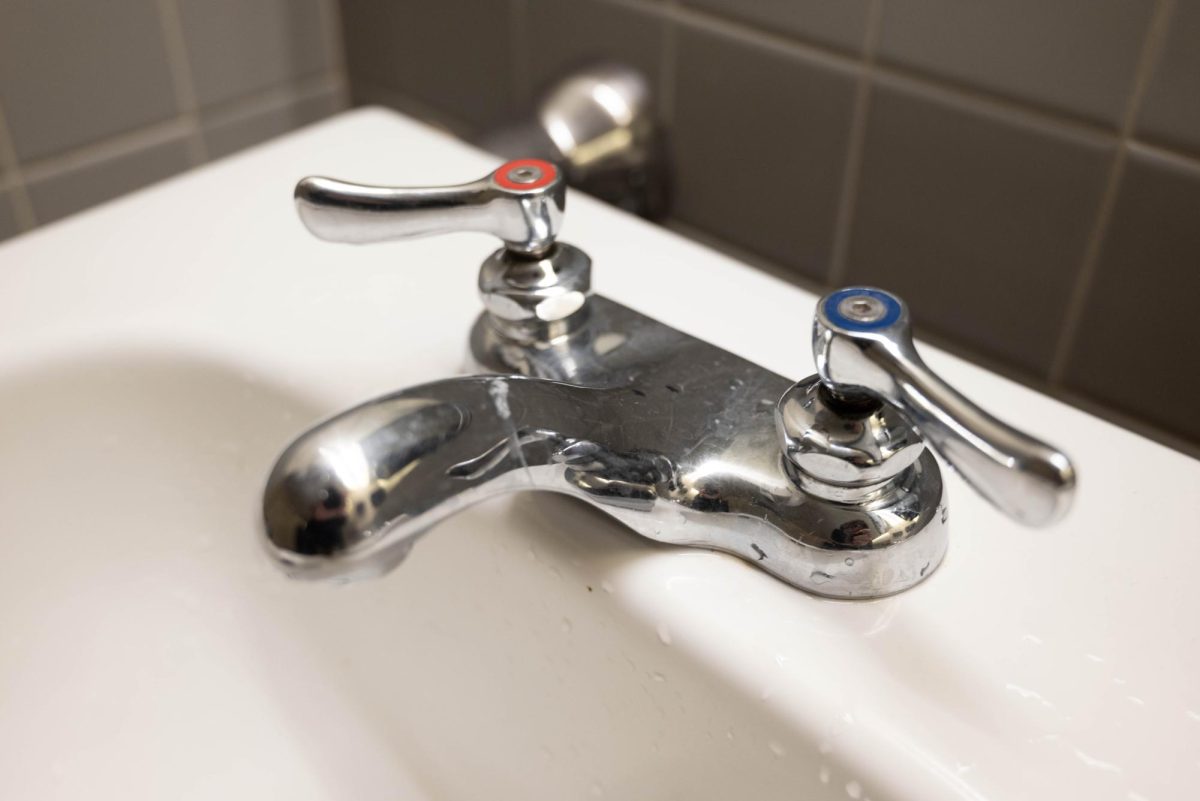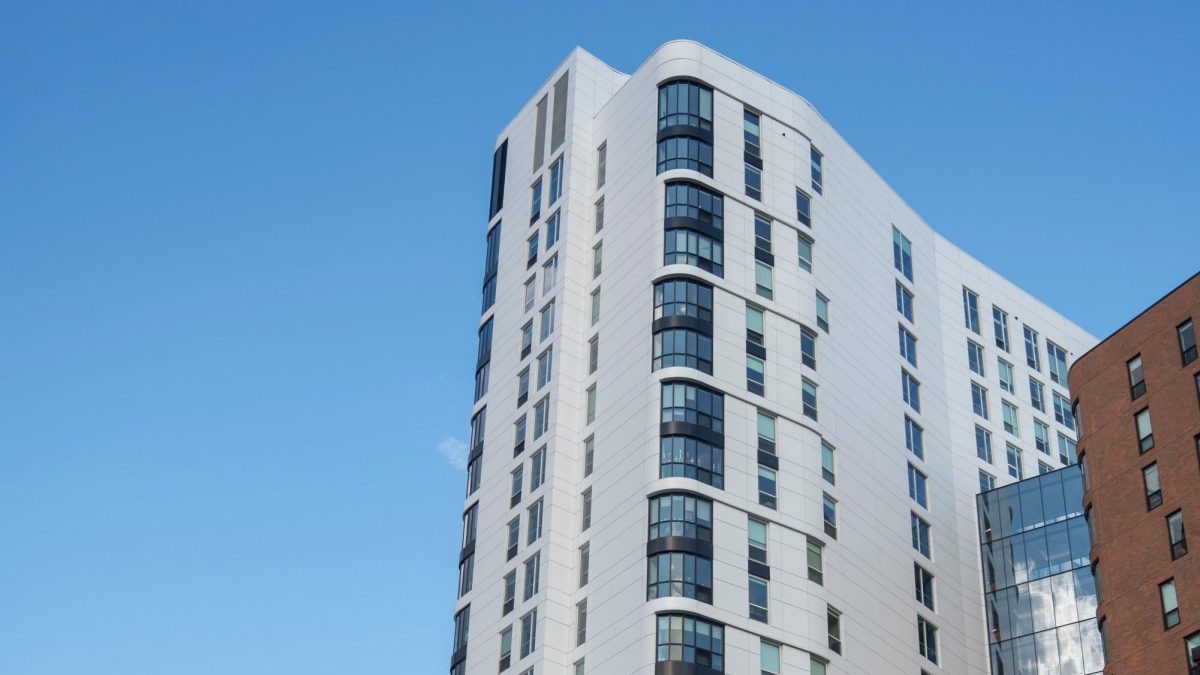Whether you’ve been hyper-focusing on securing a co-op or tricking your friends into burning their eyeballs by looking directly into the sun during the solar eclipse, you have likely missed the dark force that has slowly been creeping into our society. This force’s pervasiveness has been gradual and steady — often the most lethal of combinations — and its expansion relentless. Despite unmistakably observing its corrosive impact, we have opted for silence, complicity and inaction.
This malevolent force manifests in the form of sleek, stylish objects that are as deceiving as they come. One may find no solace in accurately predicting an encounter with these despicable creations; they spare no institution regardless of how respectable and no establishment no matter how fine. You are as likely to come across one of these abominations in the headquarters of the United Nations as you are when you drunkenly waltz into El Jefes’ restroom. Their tyranny seems inescapable, and no society has yet proven capable of overcoming this great darkness.
I am, of course, talking about faucets.
No, not just any ordinary faucet — I have no quarrels with a properly designed faucet — what I am speaking of are the kinds of malicious, unseemly, grotesque faucets that are too close to the sink’s wall.
The kind of faucet that forces you to squeeze your hands impossibly close together to get a proper clean without hitting the sink’s outer edges. The kind of faucet that immediately lowers our expectations for a seamless hand-washing experience. The kind of faucet that frustrates us so much we might instead choose to opt out of washing our hands altogether. The kind of faucet that can surely be fixed with ease. All it takes is a little bit of extra material and a tiny increase in manufacturing.
I don’t understand how we have allowed — to the point of complete normalization, if I may add — the proliferation of such a horrid design.
I am no engineer and no manufacturer, nor am I an architecture student by any measure. But I have hands that I sometimes choose to wash, and I thereby feel justified voicing my opinion on the embarrassing state of our society’s faucets.
We are often reminded that we must choose our battles wisely, and we understandably pick those with the greatest of stakes. But such a fixation with the most colossal of issues makes us numb to those little discomforts we face on the daily. We should not give up on solving the smallest of issues, and I propose we start with poorly designed faucets.
I believe that, while it is true that ill-designed faucets have inertia on their side, we can turn the tide by launching a powerful counter-offensive attack that relies on the most human trait: whining. Subtle societal-level complaints on the status of faucets are powerful mechanisms for change, and all it takes to begin is for us to be honest with each other about how much we despise these faucets.
Let’s start complaining to anybody who will listen. Complain to friends, family, hotel managers, restaurant employees, President Joseph E. Aoun and most importantly — to random Uber drivers.
Post passionate, angry tweets, rant on a Reddit thread and turn complaining about faucets into a new TikTok trend. Let us publicly air our grievances in a way so passersby may overhear, place a sticky note on the next faulty faucet that reads “this faucet sucks,” and make it the center of your next Thanksgiving argument.
I long for the day in which poorly designed faucets are a thing of the past, and dream of a world in which we forget the fear that overwhelms us when encountering one of them. You might not share my slightly dramatic passion for this subject, but if anything, I hope the next time you wash your hands under an ineptly-designed faucet you remember one thing: it doesn’t have to be this way.
Jack Masliah is a third-year political science and philosophy combined major. He can be reached at masliahlitchi.j@northeastern.edu


















